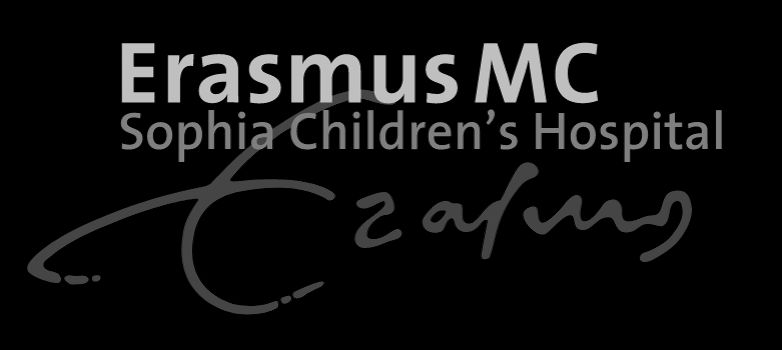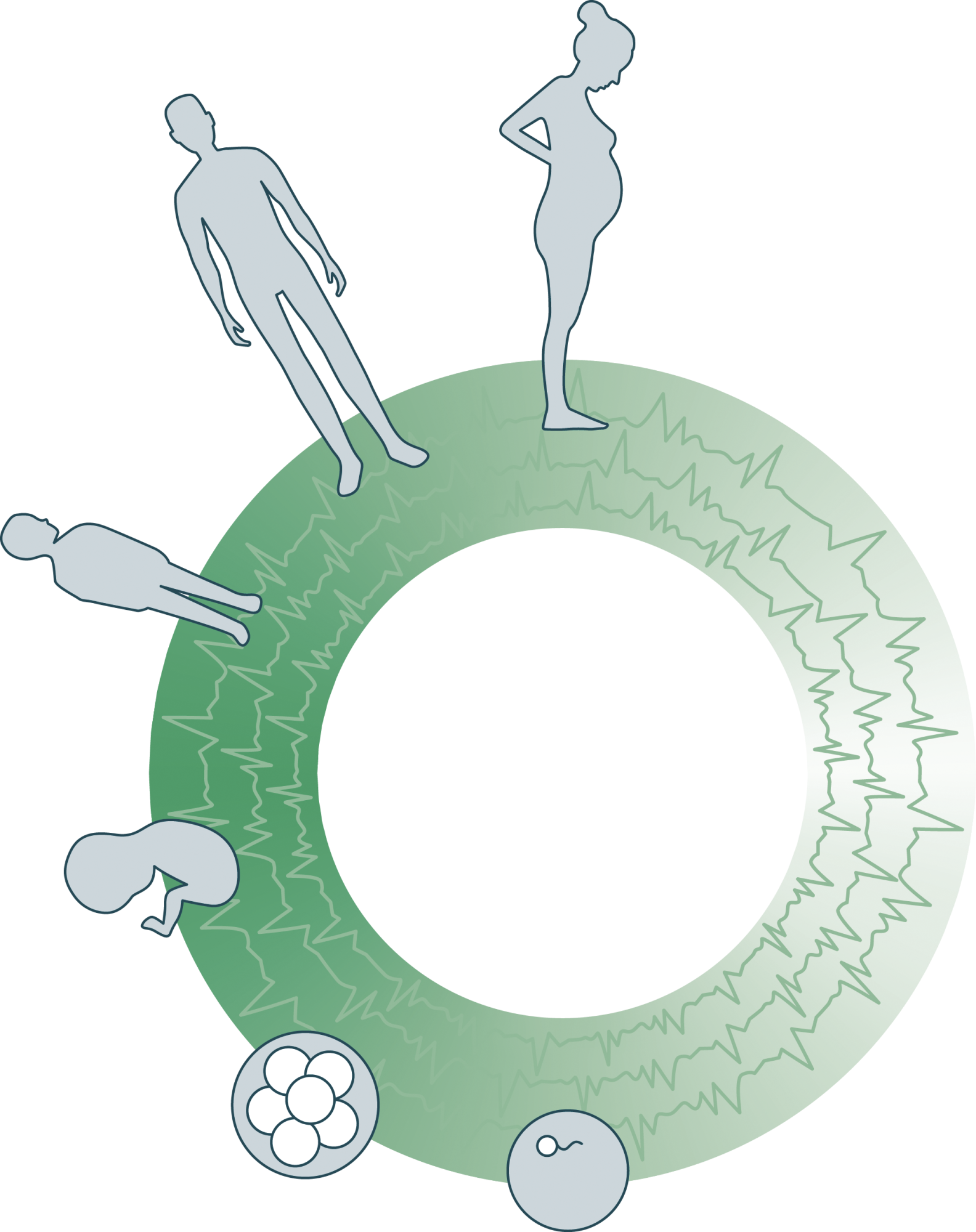Now Published: Psychological Impact of Second-Trimester Pregnancy Termination
10-07-2024
We are pleased to share our findings on the psychological impact of second-trimester pregnancy termination due to fetal anomalies on parents, now published in Acta Obstetricia et Gynecologica Scandinavica.
Our longitudinal cohort study in 241 participants reveals that women experience more psychological distress than men, although both groups show significant improvement over time. Prior psychiatric history predicts poorer outcomes, while fetal donation shows no negative impact on psychological well-being. These findings underscore the importance of providing tailored support to affected families.
We are thankful to all the parents who participated in this study during such a challenging time.
Dawood Y, de Vries JM, van Leeuwen E, van Eekelen R, de Bakker BS, Boelen PA, Pajkrt E. Psychological sequelae following second‐trimester termination of pregnancy: A longitudinal study. Acta Obstet Gynecol Scand. 2024 Jul 8
Abstract
Introduction: The decision to terminate a pregnancy due to fetal anomalies can have a significant emotional impact, especially in second-trimester terminations. Previous studies on the psychological consequences of pregnancy termination have had limitations, and little is known about the outcomes for partners and the impact of fetal donation. Therefore, we aimed to investigate the psychological effects of second-trimester pregnancy termination and identify factors associated with outcomes in both women and men, including donation of fetal remains to science.
Material and methods: A longitudinal cohort study was conducted at the Amsterdam UMC in the Netherlands, involving women and partners who underwent termination at or before 23 weeks and 6 days of gestation. Questionnaires were administered at termination, 6 weeks, and 4 months after. We utilized validated questionnaires to assess psychological morbidity (grief, post-traumatic stress and postnatal depression and quality of life [QoL]), and factors that could potentially influence outcomes.
Results: Of 241 participants, women displayed more pronounced psychological distress than men, though both groups improved over time. Four months after termination, 27.4% of women and 9.1% of men showed signs of pathological grief. Scores indicative for postnatal depression occurred in 19.8% women and 4.1% of men. A prior psychiatric history was a consistent predictor of poorer outcomes. Fetal donation to the Dutch Fetal Biobank was associated with reduced likelihood of symptoms of complicated grief four months after termination.
Conclusions: Second-trimester termination of pregnancy for fetal anomalies can lead to psychological morbidity, particularly in women. However, there is a notable improvement over time for both groups. Individuals with prior psychiatric history appear more vulnerable post-termination. Also, fetal donation to science did not have a negative impact on psychological well-being.
The complete paper can be found here (open access).
3D Synchrotron X-Ray Imaging of Uterine Vasculature in Adenomyosis
We are proud to share our latest publication: “Revealing the Unseen: 3D Synchrotron X-Ray Imaging of…
Read moreCold Spring Harbor Asia Meeting in Suzhou, China
Human Development: From Embryos to Stem Cell Models Dr. Bernadette de Bakker and PhD student Wenjing…
Read moreTowards Clinical Imaging Revolution: Micro-CT arrives at Amsterdam UMC
A milestone for medical imaging at Amsterdam UMC Amsterdam UMC has installed a 7,500 kg Micro-CT sca…
Read more






